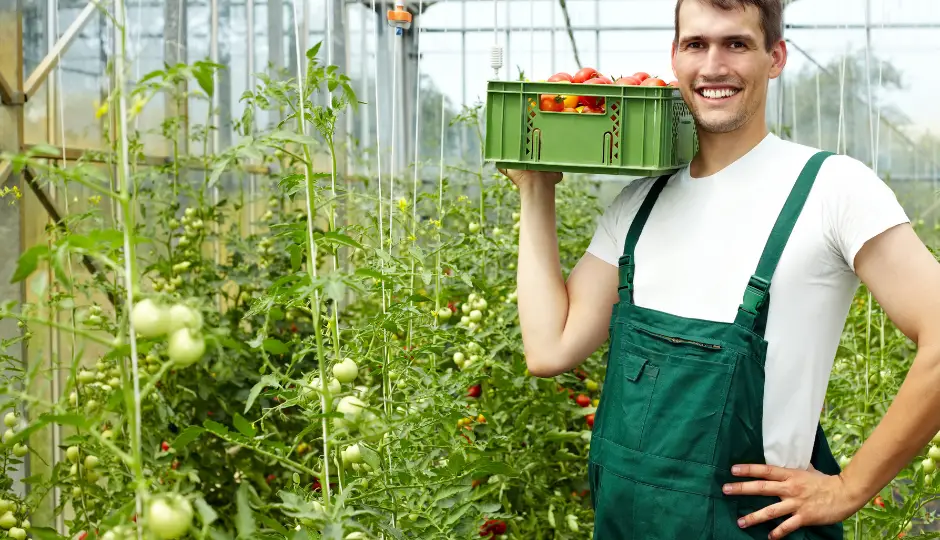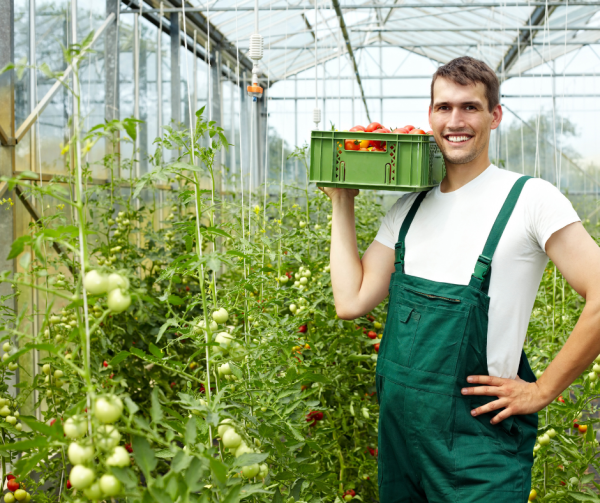

Efficient Farming Tips: Are you or someone you know delving into farming with a desire to streamline the process and make it more efficient?
Whether you're a seasoned farmer or a newcomer to agriculture, these farming tips and hacks can help you work smarter, not harder.
Research:
Before embarking on your farming journey, it’s crucial to gather knowledge and insights. The internet is a valuable resource, offering a wealth of information and networking opportunities. Additionally, local agricultural clubs and societies can provide guidance tailored to your region’s unique conditions.
Plan:
Once you’ve conducted your research, it’s time to create a comprehensive farming strategy. Planning involves considering various factors, such as plant spacing, seed quantities, and coordinating fertilizer schedules.
Experiment:
Continuous improvement is key in farming. After your initial research and planning, it’s essential to engage in experimentation. Try different approaches, such as using new fertilizers or adjusting the orientation of your fields to maximize sunlight. Experimentation helps refine your techniques over time.
Yields:
Estimating your yearly crop yield is a critical concern for many farmers. Careful consideration of all variables in the farming process can help you calculate a reasonably accurate yield prediction. Utilizing tools like a corn yield estimator can improve accuracy.
Fertilizer:
The type of soil and the specific crop you’re cultivating play a significant role in determining the success of your farming season. Nutrient leaching can deplete essential elements from the soil, so it’s crucial to tailor your fertilizer or compost application to your soil’s needs and the requirements of your plants at various growth stages.
Innovative Tips and Tricks.
Rotation:
Crop rotation is essential for preserving soil quality over successive seasons. Repeatedly planting the same crop can lead to soil degradation and nutrient depletion. Planning crop rotation is vital to maintain soil fertility.
Harvesting:
The harvest phase is where you reap the rewards of your season-long efforts. Pay close attention during this critical stage to avoid mistakes that could result in losses.
Storing:
After harvesting, you’ll need proper long-term storage solutions to preserve your crops until they’re ready for sale or use. Silos are commonly used to store grains and other crops. By implementing these farming tips and tricks, you can increase efficiency and reduce the manual labor and busy work involved in farming. The key is to stay open to new solutions and be willing to experiment, ultimately leading to higher productivity and happier family members and employees on your farm.
Source: https://primmart.com/8-farming-tips-and-hacks-how-to-work-and-minimize-effort/


